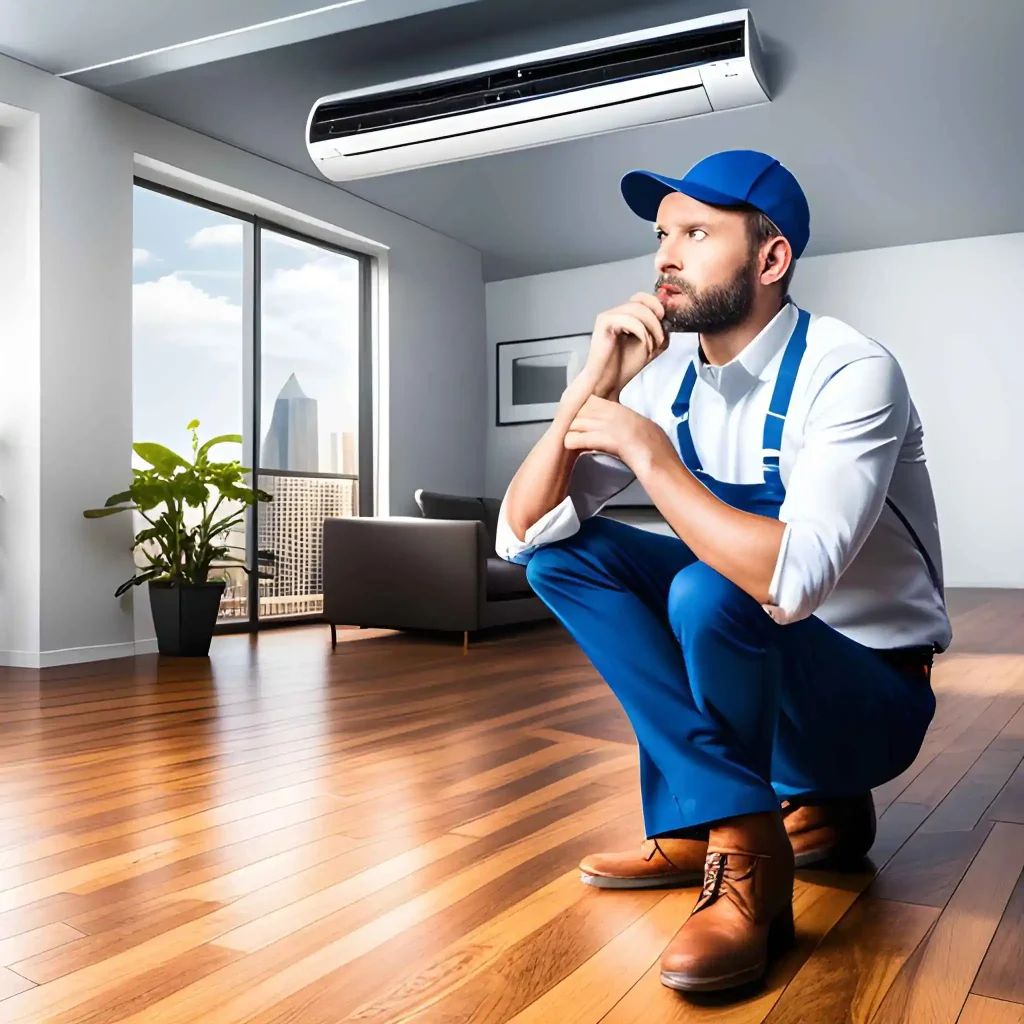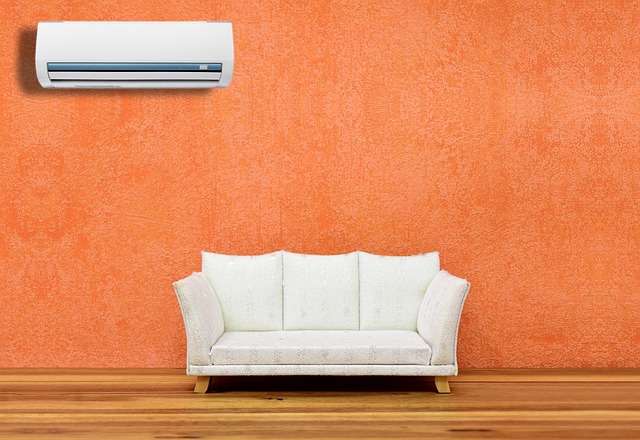Introduction
An air conditioner (AC) is an essential appliance in many homes, especially during the hot summer months. However, when your AC unit starts leaking, it can be a cause for concern. AC unit leaks can lead to water damage, mold growth, and other serious problems. In this article, we will discuss the common causes of AC unit leaks and what you can do to prevent and address the issue.
Common Causes of AC Unit Leaks
1. Clogged Drain Line
One of the most common causes of AC unit leaks is a clogged drain line. The drain line is responsible for removing excess moisture from the AC unit. Over time, dirt, dust, and other debris can accumulate in the drain line, leading to a blockage. When this happens, water may overflow from the drip pan, causing leaks. To fix this issue, you can use a wet-dry vacuum to clear out any debris or contact a professional to help with the cleaning. It is important to note that regular maintenance, such as cleaning the drain line, can prevent this issue from occurring in the first place.
2. Dirty Air Filter
Another common cause of AC unit leaks is a dirty air filter. The air filter is responsible for removing dirt and debris from the air before it is circulated through the AC unit. When the air filter is clogged with dust and debris, it can cause the evaporator coils to freeze up. When the coils thaw, excess water may drip into the drip pan and overflow. To prevent this from happening, be sure to change your air filter regularly. The frequency of filter changes may vary depending on usage and the type of filter, but it is typically recommended to change the filter every one to three months.
3. Damaged or Cracked Condensate Pan
The condensate pan is designed to collect excess water that drips from the AC unit. If the pan is damaged or cracked, water may leak out of the unit. To fix this issue, you will need to replace the damaged pan. It is important to note that regular maintenance, such as inspecting the condensate pan for damage, can prevent this issue from occurring in the first place.
4. Low Refrigerant Levels
Refrigerant is essential for cooling your home, and low levels can cause your AC unit to work harder than it should. This extra strain can cause the evaporator coils to freeze, leading to leaks. If you suspect that your refrigerant levels are low, contact a professional to help recharge the system. It is important to note that refrigerant leaks should be addressed promptly as they can be harmful to the environment.
5. Improper Installation
Improper installation can cause AC units to leaking. Poor installation can lead to issues such as loose fittings or improperly installed drain lines. If you suspect that this is the issue, contact a professional to inspect and fix the problem.
Signs of AC Unit Leaks
It is important to understand the signs that indicate a leak. These signs may include water stains on the ceiling or walls, a musty smell in the air, or visible water dripping from the unit. If you notice any of these signs, it is important to address the issue promptly to prevent further damage.
Preventing AC Unit Leaks
1. Regular Maintenance
To prevent AC unit leaks from occurring, it is important to practice regular maintenance. This includes changing air filters regularly, cleaning the drain line, and inspecting the condensate pan for damage.
2. Professional Inspection and Service
It is also important to have your AC unit inspected and serviced by a professional on a regular basis to identify any potential issues before they become major problems.
Conclusion
In conclusion, AC unit leaks can be a frustrating problem that can lead to serious issues if left unaddressed. Understanding the common causes of AC unit leaks and how to prevent them is key to keeping your home cool and comfortable without any leaks or damage. Regular maintenance and professional inspections can go a long way in preventing AC unit leaks and keeping your system running smoothly. If you suspect that your AC unit is leaking, it is important to address the issue promptly to prevent further damage and ensure that your system is working at its best.




